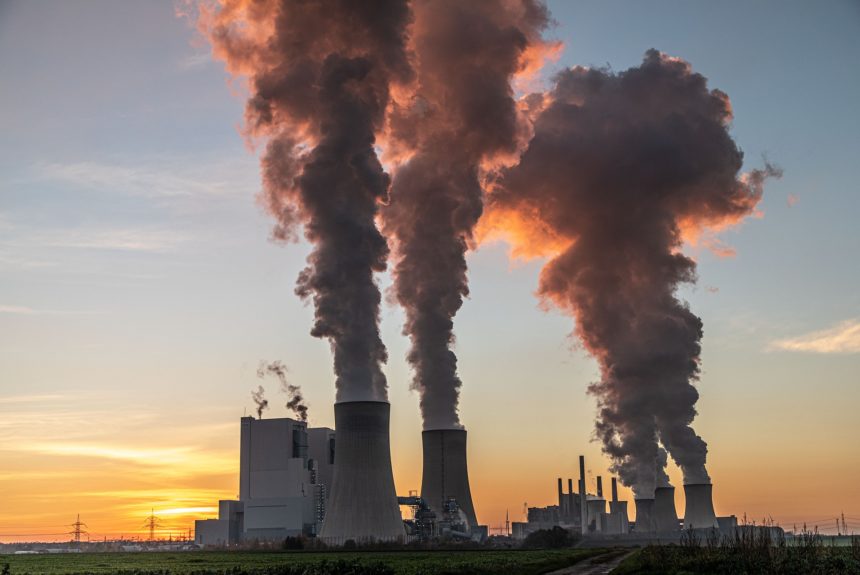The Citizens for Responsible Energy Solutions (CRES), through CRES Forum, announced a new “Understanding the Facts” policy series. The series, which will encompass several white papers, will build off of CRES’ fundamental principles and 8 Conservative Climate Policy Directives including an “all of the above” approach to energy, keeping prices affordable, and supporting innovation, among others.
The inaugural paper, launched February 4, was written by George David Banks and Rebecca Lorenzen of CRES. It is titled “Why U.S. Climate Policy Must Focus on Addressing Global Emissions.”
The paper notes that the U.S.’s share of global emissions is shrinking, while China’s is growing:
“Between 2005 and 2020, annual global carbon dioxide (CO2) emissions grew by 5.8 gigatons (Gt) – a roughly 20% increase. China accounted for about 92% of that growth. In this period, the United States led the world in cutting CO2 emissions by far, falling 24% by 2020 and achieving more absolute ton reductions than the next several emissions reducing countries combined.”
As America’s emissions have fallen, our manufacturing has become more efficient. In fact, data from the Climate Leadership Council indicate that U.S. manufactured products are 40% more carbon-efficient than the world average.
China overtook the United States as the global emissions leader in 2005 and it appears, as the authors point out, that it will likely retain this position for the foreseeable future, especially under current policies.
“Given current trends, China is likely to surpass the United States as the largest historical, cumulative emitter since 1750 around 2040 –or earlier if the United States accelerates its decarbonization.”
CRES also points out that global emissions will continue to rise as China uses more coal:
“Currently, China’s domestic coal consumption accounts for 54% of the world’s total, compared to the U.S. share of 6%,” they write. “As China continues to operate and build coal-fired power plants to meet [energy] needs, it does so largely without any meaningful controls on carbon emissions.”
In the United States, the climate discussion usually revolves around policies that reduce domestic emissions. While the U.S. should indeed reduce its carbon footprint in a way that is economically viable, CRES points out that there should be a greater emphasis on China and the developing world’s role.
Banks, in an interview with The Washington Examiner’s Jeremy Beaman adds:
“We can’t lose sight of the fact that it’s a global problem, and that if we don’t figure out how to bend that curve in global emissions, then we’re not going to get any type of real climate benefit,” he said. “At the same time we just inflict economic harm on the country, or we reduce our competitiveness, or undermine our energy security.”
CRES will continue its Understanding the Facts policy series with topics that include critical minerals, U.S. fossil fuel use, permitting reform, and many others.
Check out the report and other policy materials here.
The views and opinions expressed are those of the author’s and do not necessarily reflect the official policy or position of C3.
